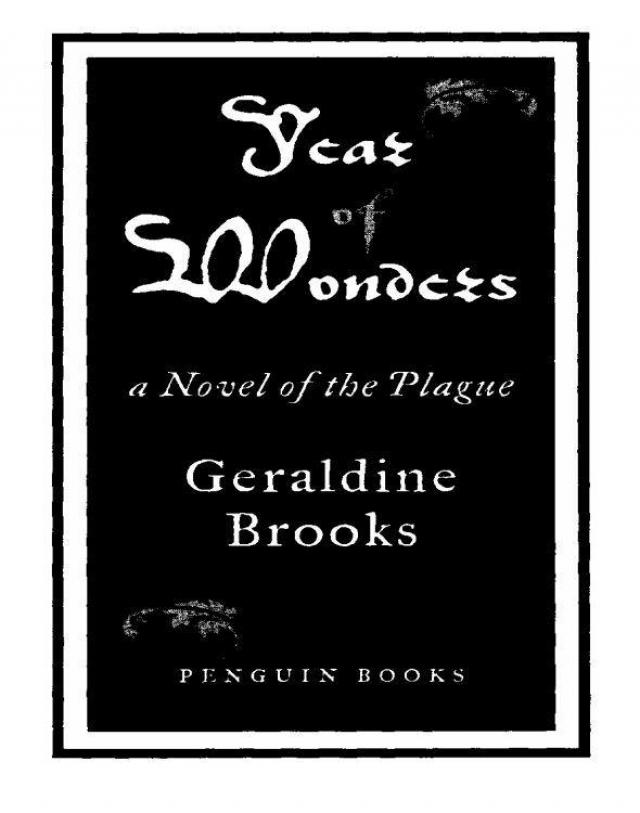

Soon, that world is upended: The Germans march into Paris and refugees flee south, overrunning Viann’s land.

She returns to tending her small farm, Le Jardin, in the Loire Valley, teaching at the local school and coping with daughter Sophie’s adolescent rebellion. Cut to spring, 1940: Viann has said goodbye to husband Antoine, who's off to hold the Maginot line against invading Germans. This trajectory is interrupted when she receives an invitation to return to France to attend a ceremony honoring passeurs: people who aided the escape of others during the war. In 1995, an elderly unnamed widow is moving into an Oregon nursing home on the urging of her controlling son, Julien, a surgeon. Hannah’s new novel is an homage to the extraordinary courage and endurance of Frenchwomen during World War II. In between the more hysterical moments, Brooks writes quite beautifully. It’s all more than a bit much: Thomas Hardy crossed with Erskine Caldwell, with more than a whiff of Jane Eyre in Anna’s conflicted devotion to the brooding, Mr. The excesses continue, as Anna’s stepmother, crazed with grief, seeks vengeance against rector Michael Mompellion and his saintly wife (and Anna’s mentor and soulmate) Elinor, and rise to a feverish pitch when Anna, having found a new innocent victim to nurture and raise, offends the powerful Bradford family and must flee to safety-ending up (in a borderline-risible Epilogue) in North Africa in the sanctuary of a kindly “Bey’s” harem. But the novel goes awry when the panic of contagion isolates her village from neighboring hamlets, a forthright young woman and her distracted aunt are accused of witchcraft and hunted down, and Anna’s drunken, violent father, who profits as a gravedigger for hire, resorts to providing corpses that will require his services. Brooks is at her best in lyrical, precise descriptions of country landscapes and village customs, and makes something very appealing and (initially) quite credible out of Anna’s wary hunger for learning and innate charitable kindness. Brooks’s tale, framed by reveries set a year and a half after the plague burns itself out (in “Leaf-Fall, 1666”), is narrated by Anna Frith, an earnest and highly intelligent young widow who buries her own multiple bereavements (first her gentle husband, later their two small sons) in work, aiding her (unnamed) village rector’s wife in treating the sick with medicinal herbs and traditional cures. The Year of the title is 1665: the date of the devastating bubonic epidemic chronicled in Daniel Defoe’s A Journal of the Plague Year.

Painstaking re-creation of 17th-century England, swallowed by over-the-top melodramatics: a wildly uneven first novel by an Australian-born journalist.


 0 kommentar(er)
0 kommentar(er)
